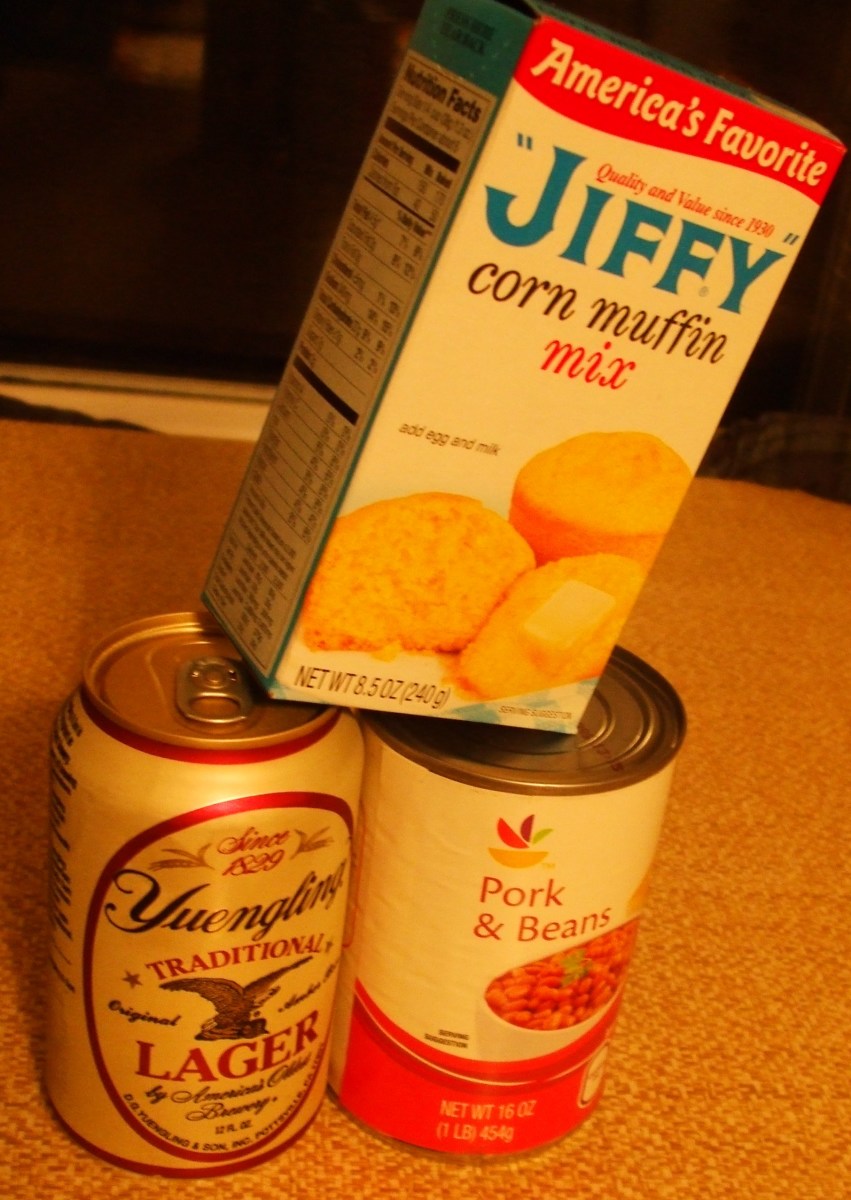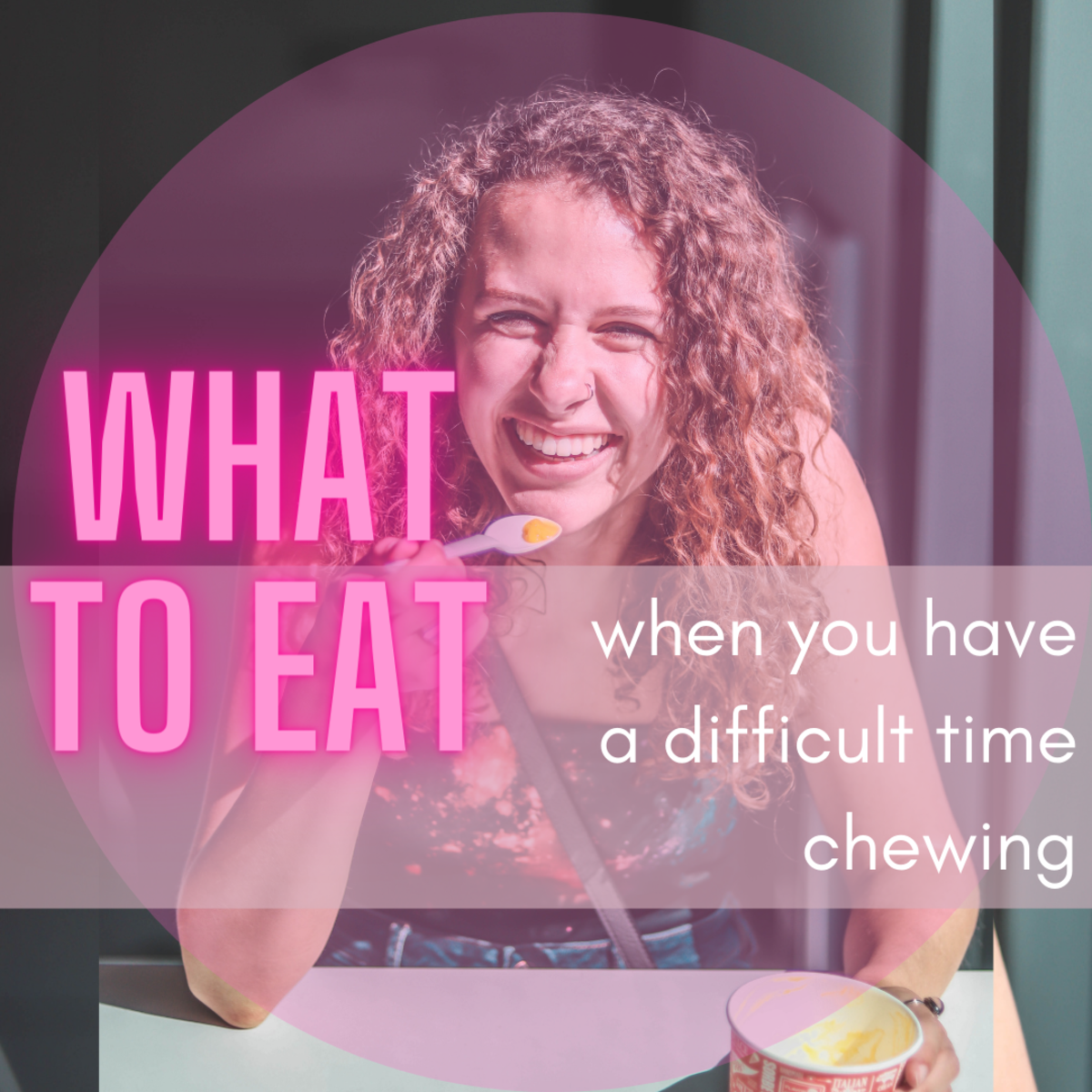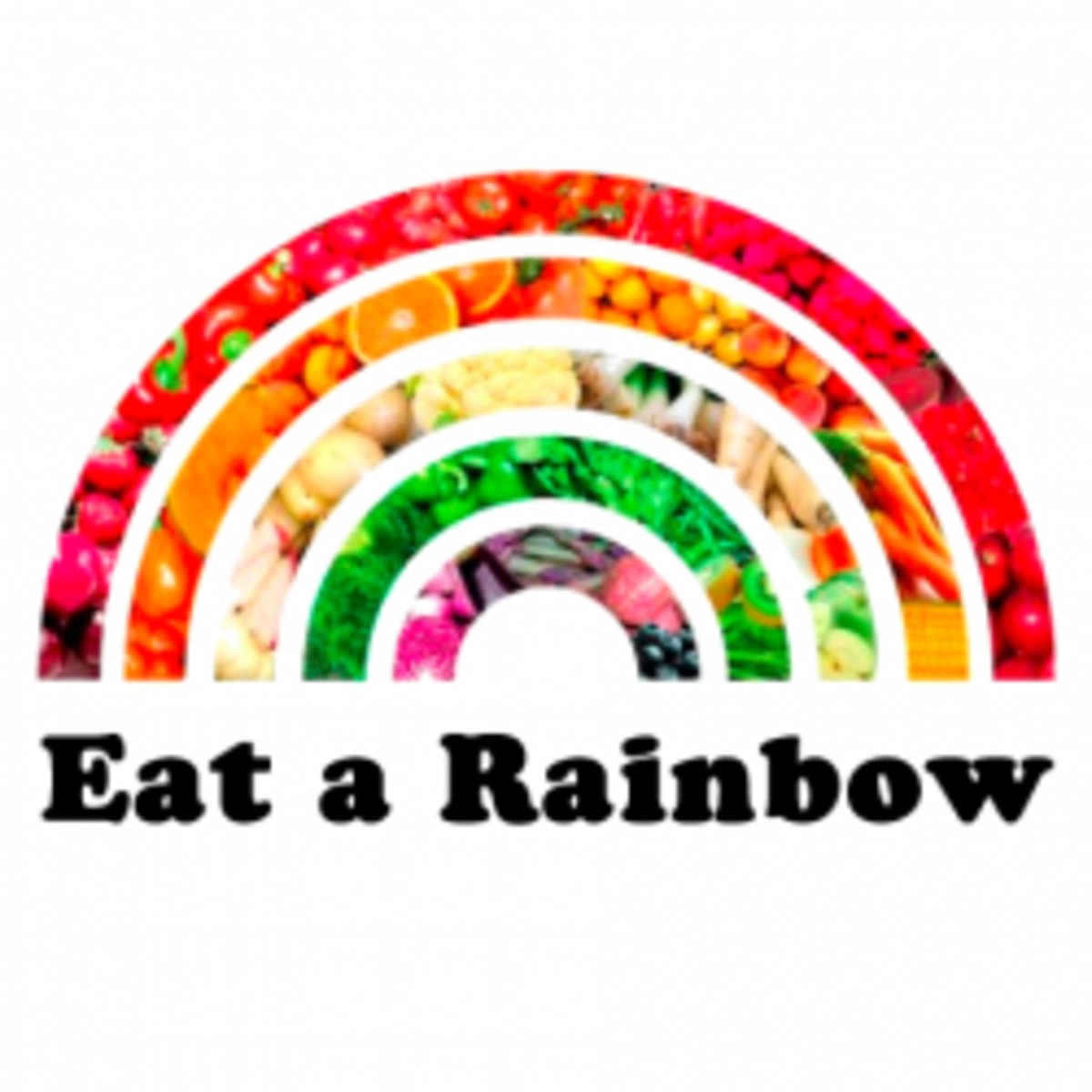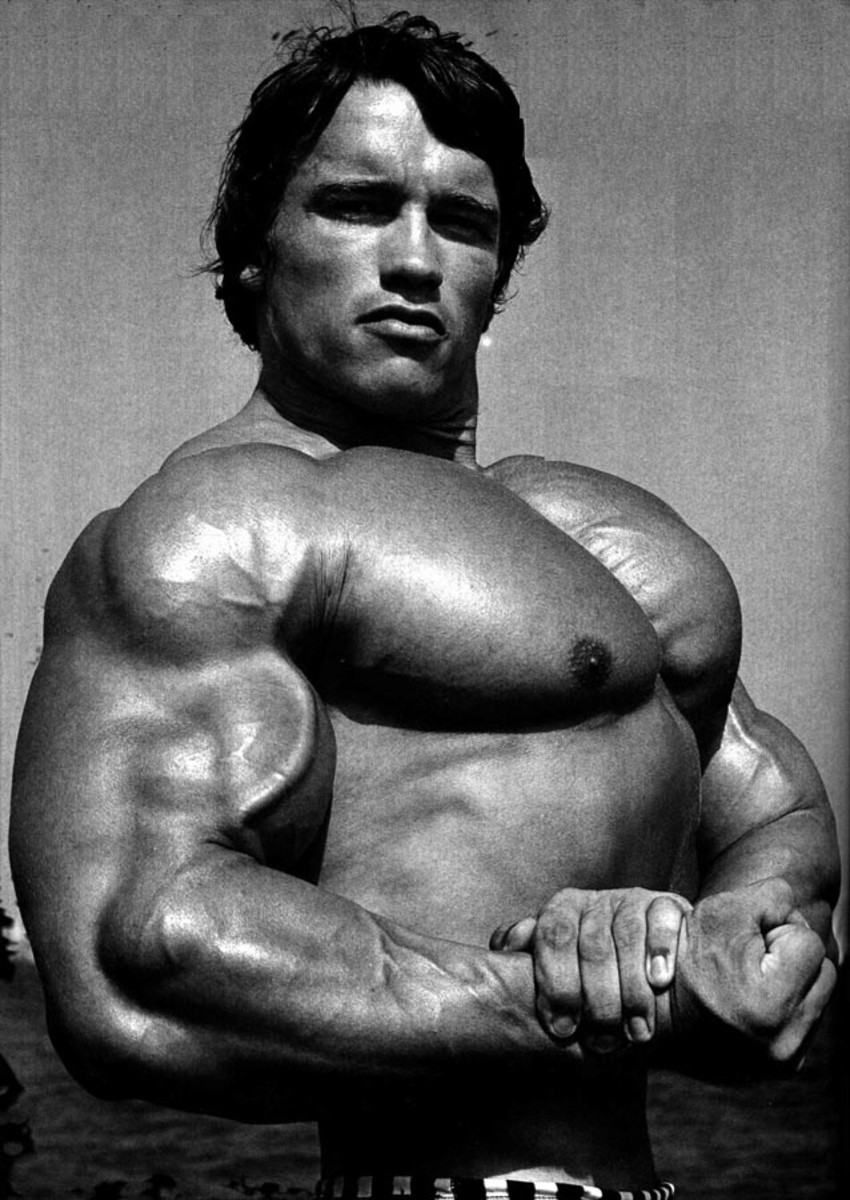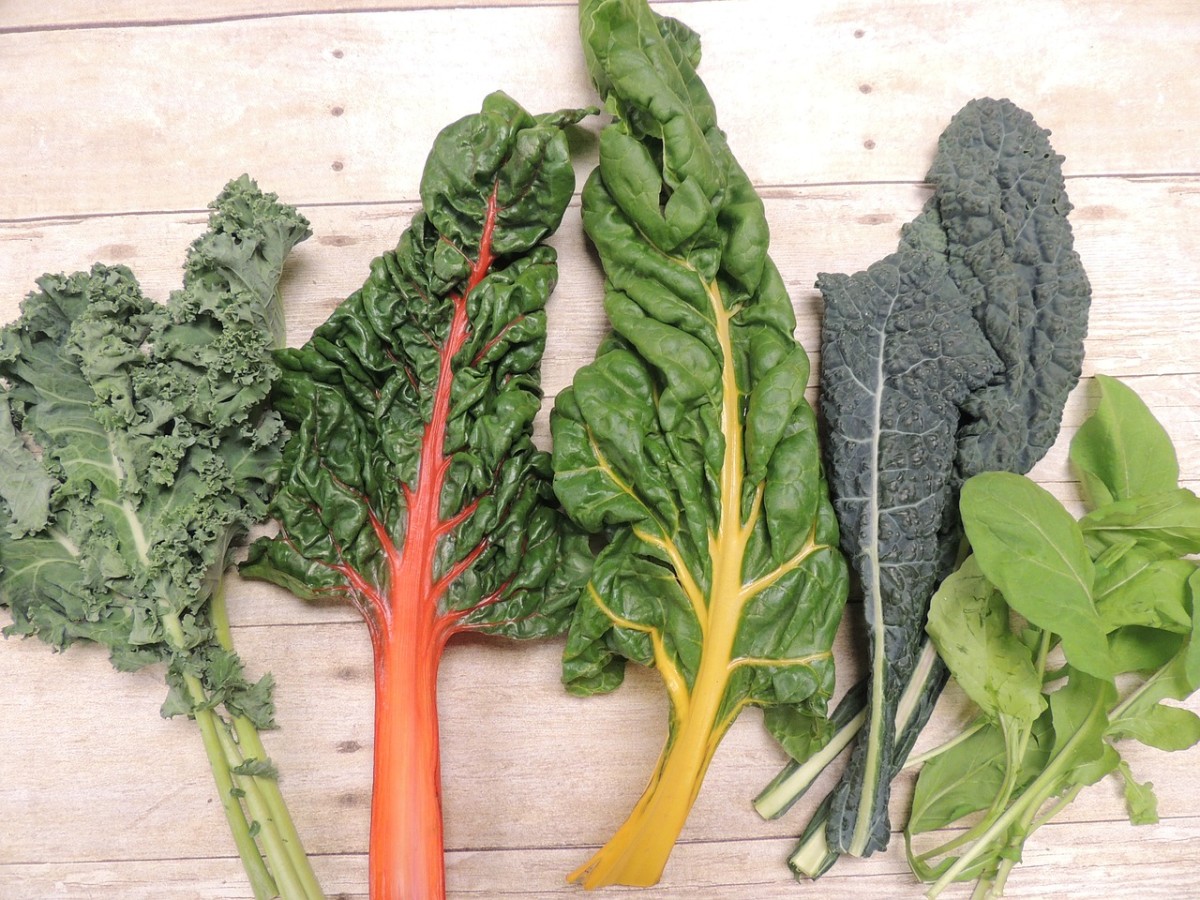How to Begin a Vegetarian Lifestyle
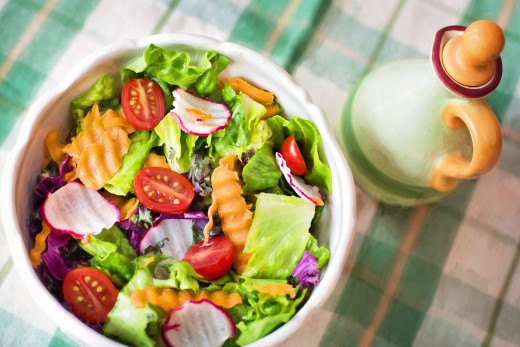
Studies repeatedly show that vegetarians are slimmer and are less likely to be obese than meat eaters.
How I Became a Vegetarian
When we first subscribed to Netflix, I went a little bonkers on the Documentaries. I enjoy reality TV so this was even better- and more real! I started making my way through the health documentaries one by one. I had no idea my mind, my life, and my body would change so drastically by immersing myself into this virtual world of health information and healing inspiration.
First, it began with "Fat, Sick, and Nearly Dead"; one man's journey to health by juicing ALL of his food (fruits and vegetables) for over a month. He lost weight, improved his health numbers, and set out to help others do the same. No matter how overweight or busy they were, it was possible.
One thing I noticed after viewing this film was my outlook on food changed. This guy, and others, juiced for an entire month or longer- no food! You start seeing food as beautiful and colorful fuel, not just food that tastes sweet or salty, feels crunchy or chewy, and satisfies some internal urge besides hunger.
I vowed to juice once or twice a day. It was the perfect way to insert more fruits and vegetables into my diet. My husband watched the film as well and began drinking a large juice variety for lunch and afternoon snack. He lost weight. My weight stayed the same, but I felt better. Fresher! More energy!
The next film I watched was "What The Health". This is the documentary that changes people! I told four of my neighbors about this film. They watched and now three are all vegetarian. You can't watch this and not be effected deeply.
The film follows the studies and stories of how meat and dairy are produced, and how the food industry, government and pharmaceutical companies are not in our best interest and often inconsistent with what's best for our health.
- Studies show dairy causes breast cancer yet cancer foundations openly support dairy products where their funding comes from.
- To raise and produce meat for consumption contributes more harmful gases to the ozone than the entire transportation sector.
- Many farms feed dead, diseased animals to the healthy animals that you eat.
- Fish contains a lot more mercury than you think.
- Even white meat skinless chicken contains a lot of unhealthy cholesterol, and contributes the most salt/sodium in the average diet.
- The World Health Organization has classified bacon and sausage as carcinogenic to humans; basically smoking cigarettes.
- In the U.S. most kids have fatty streaks in their arteries prematurely by age 10.
- Diabetes is not caused by excess sugar, but actually meat! Several sources and science backs this up.
- Arteries stiffen and produce a burst of inflammation in the body within hours of eating meat.
- The beef industry contributes large sums of money to the American Cancer Society yet red meat has been shown to increase risk for cancer.
- 80% of the antibiotics made in the U.S. are sold and administered to the animal products people eat.
- The pigs in North Carolina alone produce more waste/feces than 100 million humans each year.
- Raising pigs/hogs for food is harsher on the environment than the entire transportation sector.
- The Cancer society has meal plans including processed meats, which is actually considered a cancer-causing carcinogen.
Not only was I grossed out and shocked after learning much more than I mentioned here, but I began doubting why I felt like meat was such a mainstay in our family's meals. "Because it just is" was not a good enough answer for me anymore.
The day after watching this, my family and I became vegetarian, almost two years ago. My husband who was a devout Midwest meat and potato man? Not anymore!
Are you a vegetarian?
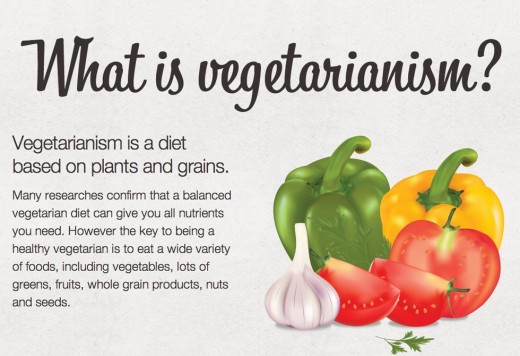
What To Expect
The first month of being a vegetarian caused weight gain for me initially, a lingering depressive mood, and low energy. In other words, I wasn't pleasant to be around as my body was adjusting. This isn't everyone's experience though.
The reason for the initial weight gain is water weight accumulates with increased carbohydrate consumption. Eventually the body balances itself out, and you're more likely to lose weight and maintain a healthy weight as a vegetarian.
With some "diets", the opposite effect occurs and the body can rapidly lose weight, especially if carbohydrates are limited. This effect doesn't last though. High protein and low carbohydrate diets are not a good long-term lifestyle.
When you eat carbohydrates again, your body will gain weight back. And your body, as well as your brain, desperately need carbohydrates to function optimally.
Without meat consumption my sugar cravings naturally dissipated. Also, when you rely on non-meat sources more, you pay attention to fulfilling all of your servings of fruits and vegetables as well as fiber. Most people are not protein deprived, but they are lacking fruits, vegetables, and fiber.
There were times when it felt strange not eating meat, but only when commercials for cheeseburgers were on TV or at Thanksgiving (without a turkey)- that was really weird, but the fact that it was weird fueled my determination to not make meat such a priority.
After the first two weeks, when my body was adjusting, my energy level was...well...level. I didn't have the ups and downs. I still do not experience energy fluctuations throughout the day.
At first it can be tricky finding meal plans to suit your new vegetarian lifestyle. You are not only adopting a new eating plan, you are acclimating to a new mindset as well. Many people begin thinking about what they "can't" have instead of the vegetarian variety available.
Most people get too much protein in their diet and not enough fruits and vegetables.
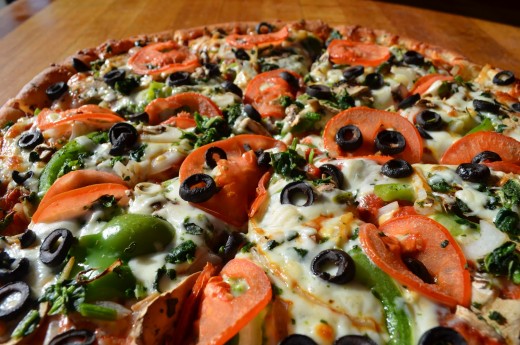
A Variety of Vegetarian Meals
- Vegetarian Lasagna, eggplant parmesan, baked Ziti, pasta alfredo (all without meat)
- Bean Tacos
- Stuffed Peppers with rice
- Curry veggies and rice
- Stir-fry's
- Noodle and veggie varieties
- Soups
- Salads
- Veggie Wraps and Sandwiches
- Garden Burgers
- Vegetarian pizza
- Cauliflower steaks
- Breakfasts including potato varieties, eggs (if you are not vegan), French toast with fruit.
- Loaded potatoes
- Cheese and veggie quesadillas or burrito bowls minus the meat
- Substitute meat products and Tofu
- Vegan Brownies - Bing
Rich, chewy fudgy taste that will satisfy your chololate cravings.
- The Best Vegetarian Lasagna Recipe Ever - Kitchen Treaty
Simple is best! Layered pasta cradles a trio of cheeses and sweet Italian tomato sauce. Baked up until bubbling and gooey. Carnivores love it too!
- Green Tea Juice | Reboot With Joe
Green tea and fresh citrus juice are a tasty combination that are good for your waistline too.
Reasons To Be a Vegetarian
You must have a good reason(s) for becoming a vegetarian. It is a lifestyle change, not a diet. While you have to have a good enough reason to start (health, ideals, values, et cetera), you'll want to think about years down the road, and how important it is to you to continue this lifestyle.
Health tends to be the most popular reason for beginning a vegetarian lifestyle. There is bountiful research on the health benefits of vegetarianism. Begin by talking to your doctor about how you might benefit from a vegetarian foods. They can shed additional light on how to get enough variety and nutrition.
I had tests done both before and months after beginning. One interesting aspect was my chronic anemia (lack of iron/red blood cell production) was finally in the normal range. Most iron is linked to red meat, but my vegetarian diet had a positive effect on my iron. That was unexpected.
I found that it helps to align your values with vegetarianism as well. Considering some points in this article, if you value taking charge of your health or considering animals and the environment. TO be honest, I didn't start with these concerns, I began for health, but these other concerns have been the reason I continue.
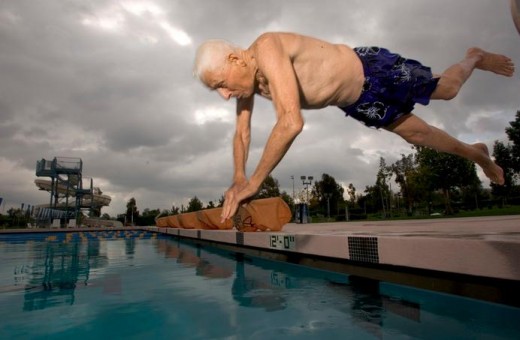
A Healthy LIfestyle: Live Long and Eat Your Veggies
The Blue Zone project, and book by Dan Buettner, was a science-based trek to find where in the world people live the longest, and ultimately share those secrets with the rest of the world.
What was found among the 5 Blue Zone areas of the world (including Loma Linda, California- the only Blue Zone in the U.S.) was 9 principles that all Blue Zone areas had in common.
- Downshift and Unwind. Find a way to unwind and de-stress that works for you (Meditation, take a leisurely drive or stroll, naps, etc).
- Purpose- Waking up and having a purpose or something to look forward to increases your life by up to 7 years.
- Plant Life- put more fruits and veggies into your life. Blue Zone areas like Loma Linda, CA are mostly vegetarian.
- Wine. Enjoying a glass of wine with friends or just to unwind adds years to your life.
- Family First: Staying connected with your family and enjoying time with them.
- 80% rule. Eat Mindfully and stop eating when 80% full.
- Move naturally and consider more ways to move throughout your day.
- Having the right tribe means surrounding yourself with like-minded friends and associates who support your lifestyle.
- Faith. The Blue Zone areas have faith and have religious practices. This adds 4-14 years onto your life.
Loma Linda, CA residents live ten years longer than the average American. Many of these people consist of 7th Day Adventists who also observe, in accordance with their religion, a vegetarianism lifestyle.
How Many Of The 9 Blue Zone Principles Do You Practice?
- Why Loma Linda residents live longer than the rest of us: They treat the body like a temple
The habits of Seventh-day Adventists in Loma Linda, the only U.S. city designated a Blue Zone, may add insight on longevity.
Tips For A Healthy Vegetarian Lifestyle
- Try new recipes. This can be both daunting and fun so just roll with it.
- Connect with other vegetarians you know, or join online communities for vegetarians.
- If you experience weight gain, try gluten free grains and products. These will help shed water weight. Many vegetarians remain gluten free for added health benefits.
- Remember WHY you wanted to be a vegetarian. Revisit that inspiration often and have reminders of it around you. I keep a juice and smoothie recipe book on my kitchen counter- it reminds me that this lifestyle helps me eat plenty of servings of these healthy foods!
- Get the right tools: veggie chopping/slicing items, good knives, food processor, and a good blender and/or juicer.
- Find substitutions for meat, but remember the point is eating more whole, health-giving foods.
- If you are worried about getting enough protein, which most people get too much, then try a plant-based protein powder in your smoothie.
When you are committed to why you want to make this change, it makes it a lot easier!


